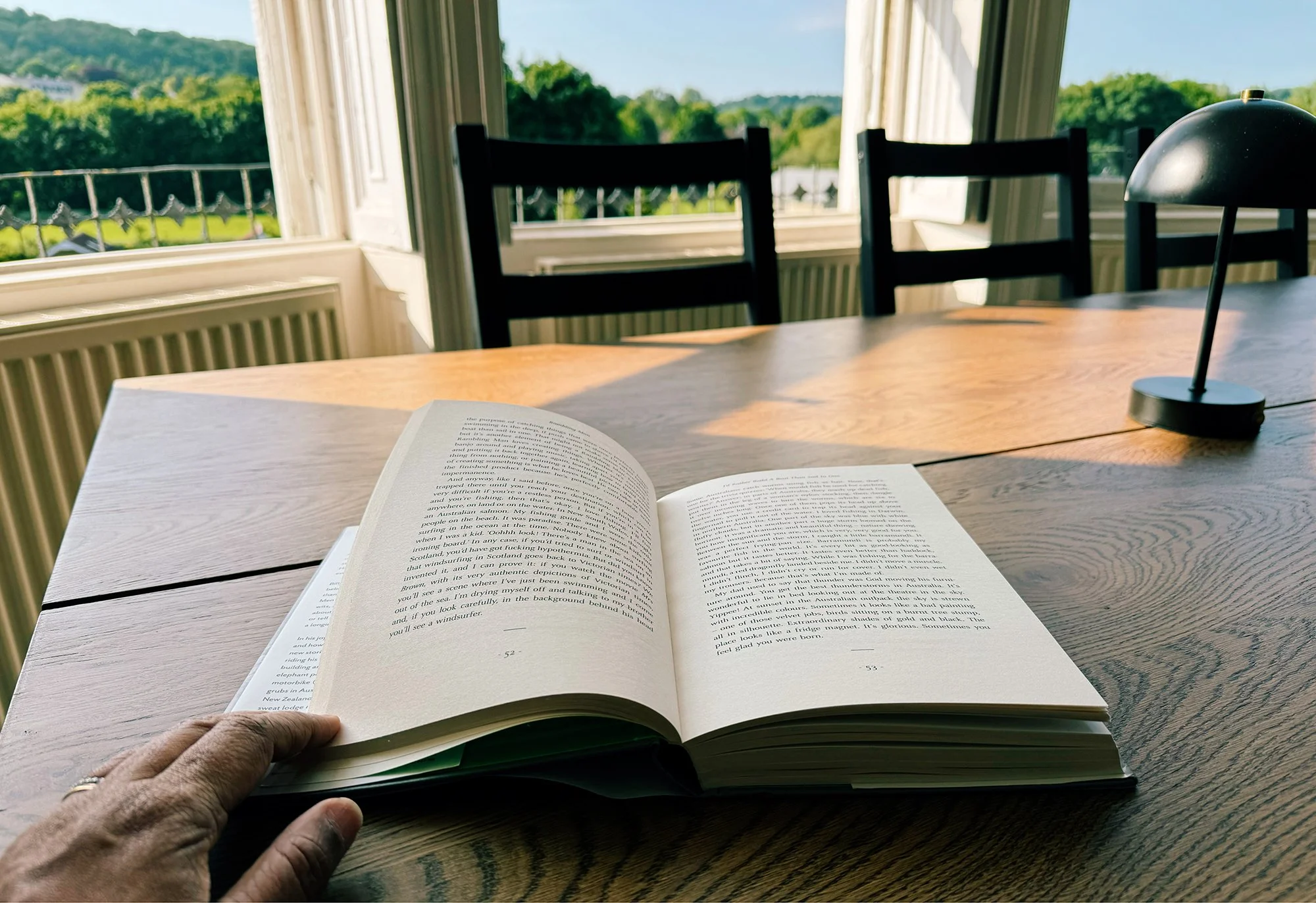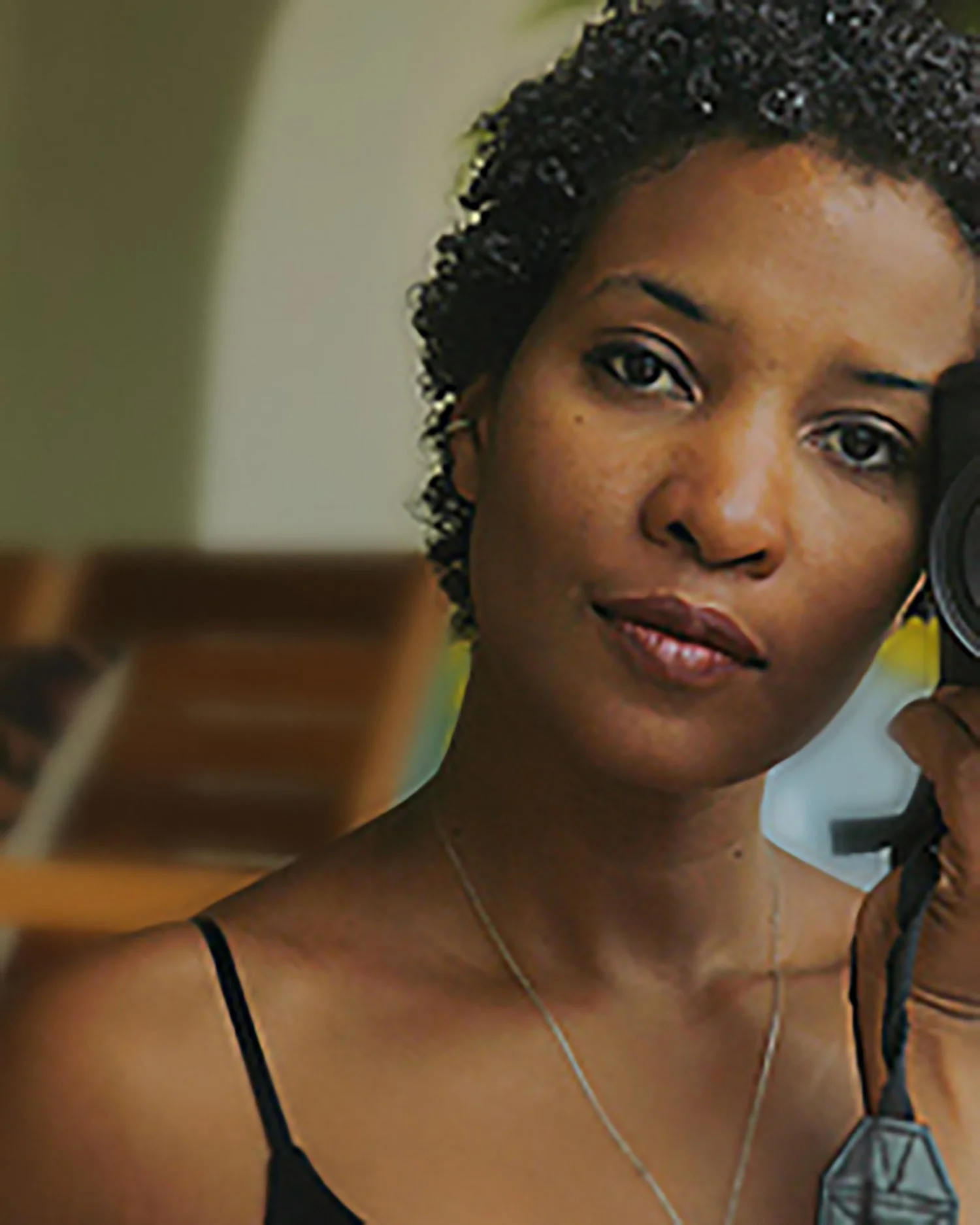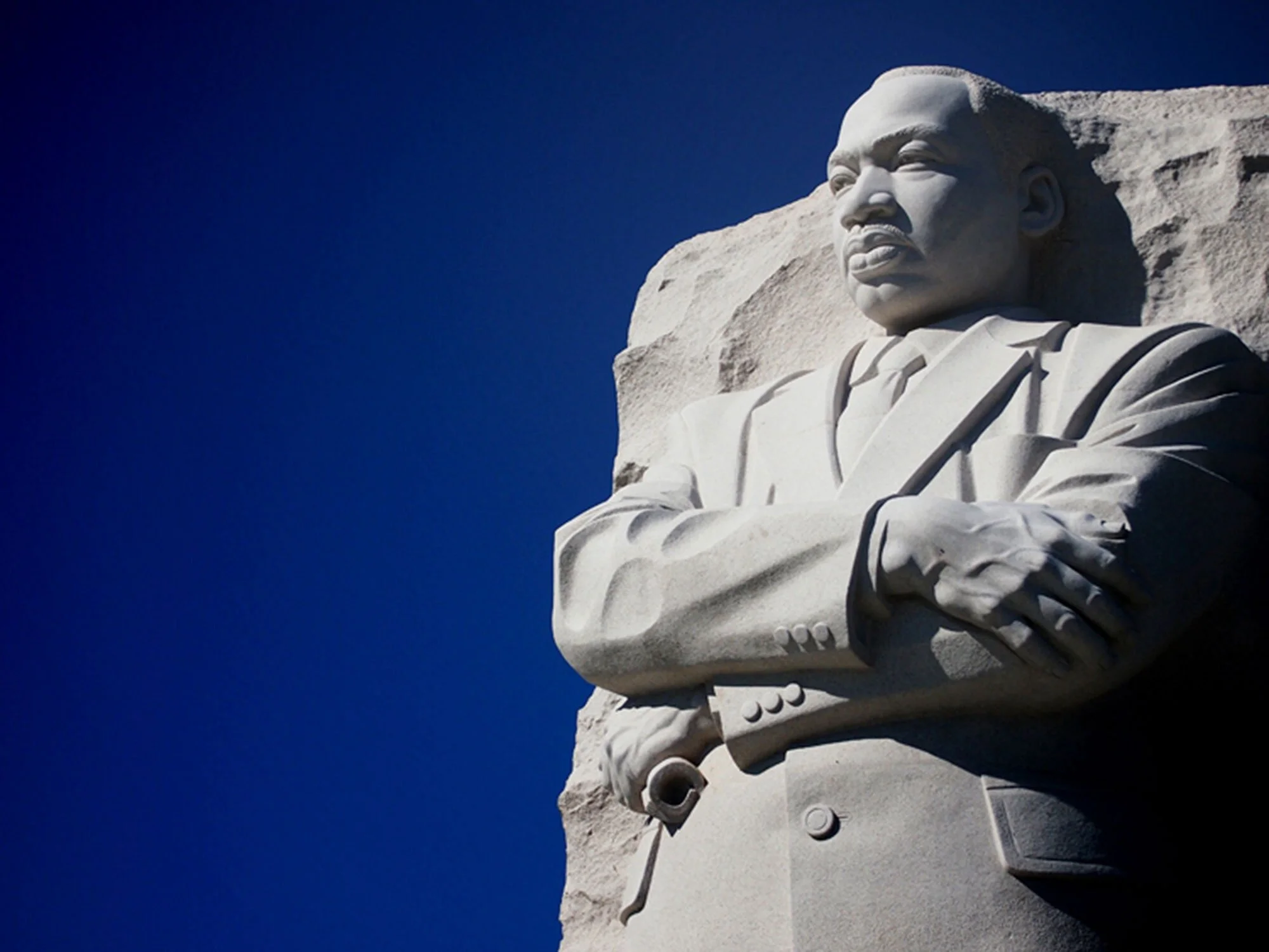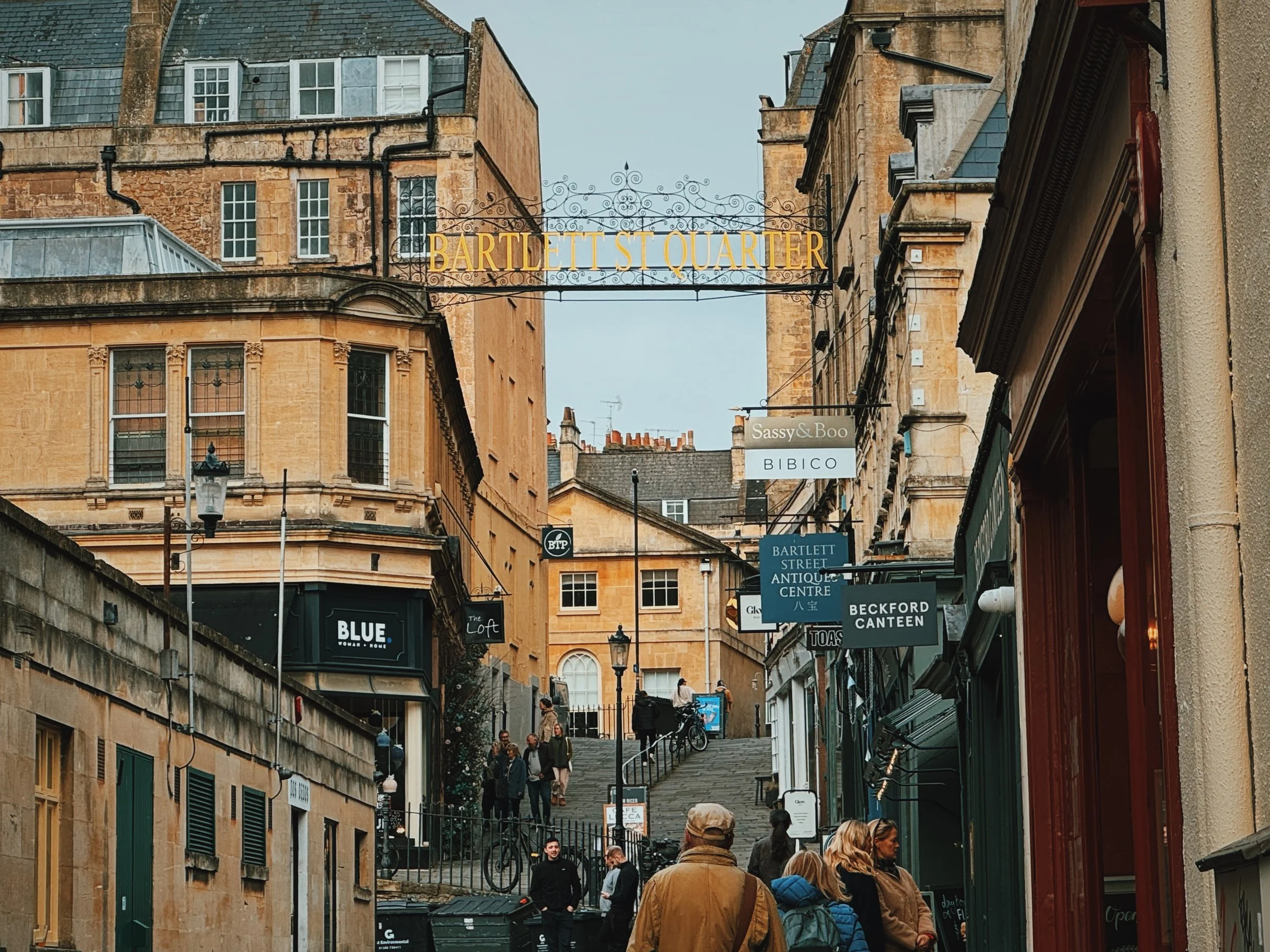read
There’s a commonly held notion that says if you want to be a good writer, then you should be a good reader. Or maybe it’s the opposite: that you’ll never be a good writer if you’re not a good reader. In my case, it’s more than just writing: I’ve found that there’s no way I can ever be a good Creative™ if I’m not a good reader. But maybe that’s just me.
Anyway, read, is what I’m saying.
When I was a kid, I was a voracious reader – to the point that my mother would beg me to go outside. (Usually, I’d just take my book outside and continue reading – this bugged the hell out of her.) I read a ton until law school, when having to read hundreds of pages for homework every night sapped the life and love of reading out of me. I didn’t really read again until I lived in London and traveled an hour's commute to work and back again by train (this was before smartphones); but once I left London, I dropped the habit. Nowadays, I read primarily as research for the books I’m writing, but I’ve noticed that when I’m struggling with writers or photographers or any sort of creative block, it’s a sure sign that I’m not doing enough pleasure reading.
I’m the type of person who often re-reads books, and I have a few nonfiction authors who are guaranteed to spark an urge in me to drop everything and create. They are, in no particular order:
Bill Bryson. Oh, how I love this author. Bryson is an American who spent most of his adult life in the United Kingdom and has written extensively about both American and British culture, and his travels across both countries. I first learned about him when a judge I knew gifted me the book Made in America when I became a US citizen – the book is about the evolution of American English and how uniquely American words and phrases came to be (things like how “hit a home run” came to mean someone doing something excellent, for example, or why Americans say “ah-LOO-min-num” and Brits say “al-you-MIN-ee-um”). He’s most noted for his social commentary, and Bryson has this way of being incredibly funny while also being incredibly spare with his language. (Now that I think of it, what with our recent adventures in the United Kingdom, it might be time for me to revisit his love letter to Great Britain, Notes from a Small Island – such a great book.)
Ross Gay: I’ve already extolled the virtues of Ross Gay. I used to be much better about grabbing my camera daily and photographing beautiful things, and every time I read a Gay book, I’m moved to grab my camera again. His determination to find joys and delights in the most everyday occurrences makes his books unmitigated joys and delights to read. They are beyond uplifting, without being the slightest bit Pollyanna-esque.
Jenny Lawson: Full disclosure – Jenny is a friend of mine. And believe me when I tell you, if you’re the type of person who gets embarrassed being seen laughing out loud while reading, you should not buy any of her books (especially her first memoir, Let’s Pretend This Never Happened). Don’t say I didn’t warn you. But if you ignore me and buy her books anyway, as soon as you pull yourself together from your inevitable laughing jag, you’ll realize what a gifted writer she is. Also, while she’s a more profane writer (but not speaker) than I am, she’s the one who taught me that sometimes no word can replace a properly employed F-bomb.
Marcie Alvis Walker: I’d been following Walker’s Instagram account, Black Coffee with White Friends, for a minute, so I knew she was smart. But when I read her book, Everybody Come Alive: A Memoir in Essays, friends, I was not ready. The only way I can describe her writing is lyrical. Every single paragraph reads like a song. She’s just a beautiful writer. (And lucky for you, she also has a very active Substack. Go follow her.). Walker reminds me that good storytelling is perhaps the most powerful way to assert your truth.
Brad Montague and Mira Jacob: These are two very different writers; however, what they share in common is their masterful combination of words and imagery. Montague’s book Becoming Better Grownups is the kind of book Mr. Rogers would’ve written if he had written for grownups: he combines whimsical illustrations with wisdom from both elementary schoolers and octogenarians. Just lovely. And Jacob’s book, Good Talk, is my go-to anti-discrimination resource. She learned to draw comics specifically to create this graphic memoir, and it is a multi-award-winner of a book. If you don’t already have it, you really, really should get it.
Anyway, all of that was a bit of a diversion. My wish for all of us this week is that we read something that inspires us to create something. Because I have to think that we’re all better people when we’re inspired to create.
(Incidentally, here’s a coincidence: my friend Jenn Romolini recently shared similar thoughts about reading inspiring her writing. Go take a look!)


















a reminder of cadence.